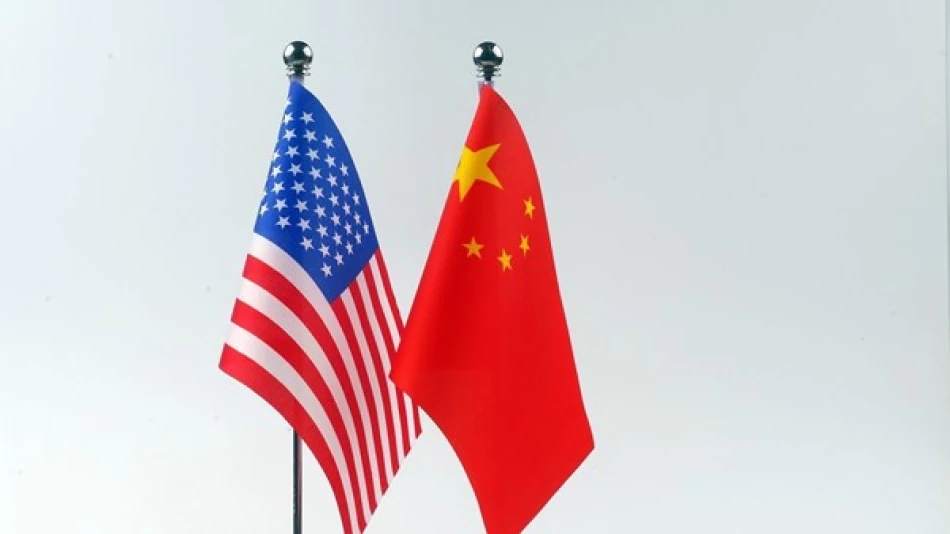
China and US Extend Tariff Truce: A Pivotal Trade Negotiation Update
US-China Trade Truce Faces Critical Test as Stockholm Talks Begin
Beijing and Washington are expected to extend their tariff ceasefire for another three months as trade negotiations resume in Stockholm Monday, according to informed sources. The extension signals both superpowers remain committed to de-escalation despite underlying tensions that have reshaped global supply chains and rattled markets for over five years.
Three-Month Extension Buys Time for Broader Deal
The anticipated agreement will see both nations refrain from imposing new tariffs or taking escalatory trade measures during the extended period. This tactical pause mirrors similar extensions that have become a hallmark of US-China trade diplomacy since the trade war began in 2018 under the Trump administration.
For markets, the extension removes immediate downside risk while providing breathing room for multinational corporations still adjusting supply chains. The S&P 500 and Shanghai Composite have historically gained 2-4% in the weeks following confirmed trade truce extensions, as investor sentiment improves on reduced uncertainty.
Fentanyl Tariffs Emerge as New Flashpoint
Chinese negotiators plan to pressure their US counterparts specifically on fentanyl-related tariffs, marking a shift from previous Geneva and London talks that focused primarily on "tension reduction." This tactical pivot suggests Beijing views the fentanyl issue as leverage rather than a purely public health concern.
The fentanyl dimension adds complexity beyond traditional trade disputes over steel, technology, and agriculture. It represents the intersection of trade policy with domestic US political priorities, making concessions potentially more costly for American negotiators ahead of the 2024 election cycle.
Stockholm: Neutral Ground for High-Stakes Diplomacy
Sweden's capital provides symbolically neutral territory for the third round of renewed US-China trade talks, following the pattern established by Switzerland and the UK in hosting previous sessions. This venue selection reflects both sides' preference for conducting sensitive negotiations away from domestic political pressures.
The choice of Stockholm also signals European interest in facilitating US-China dialogue, as the EU seeks stability in global trade relationships that directly impact its own economic recovery and supply chain security.
Market and Strategic Implications
Beyond immediate tariff relief, the talks represent a broader test of whether the world's two largest economies can establish a sustainable framework for competition without constant escalation threats. Previous trade truces have typically lasted 6-12 months before new friction points emerge, suggesting this extension may be tactical rather than transformational.
For global investors, the pattern indicates continued volatility around US-China relations, with periodic truces providing temporary relief rather than lasting resolution. Companies in technology, agriculture, and manufacturing sectors will likely continue hedging strategies developed during the prolonged trade conflict, viewing diplomatic progress as positive but potentially temporary.
Most Viewed News

 Layla Al Mansoori
Layla Al Mansoori






